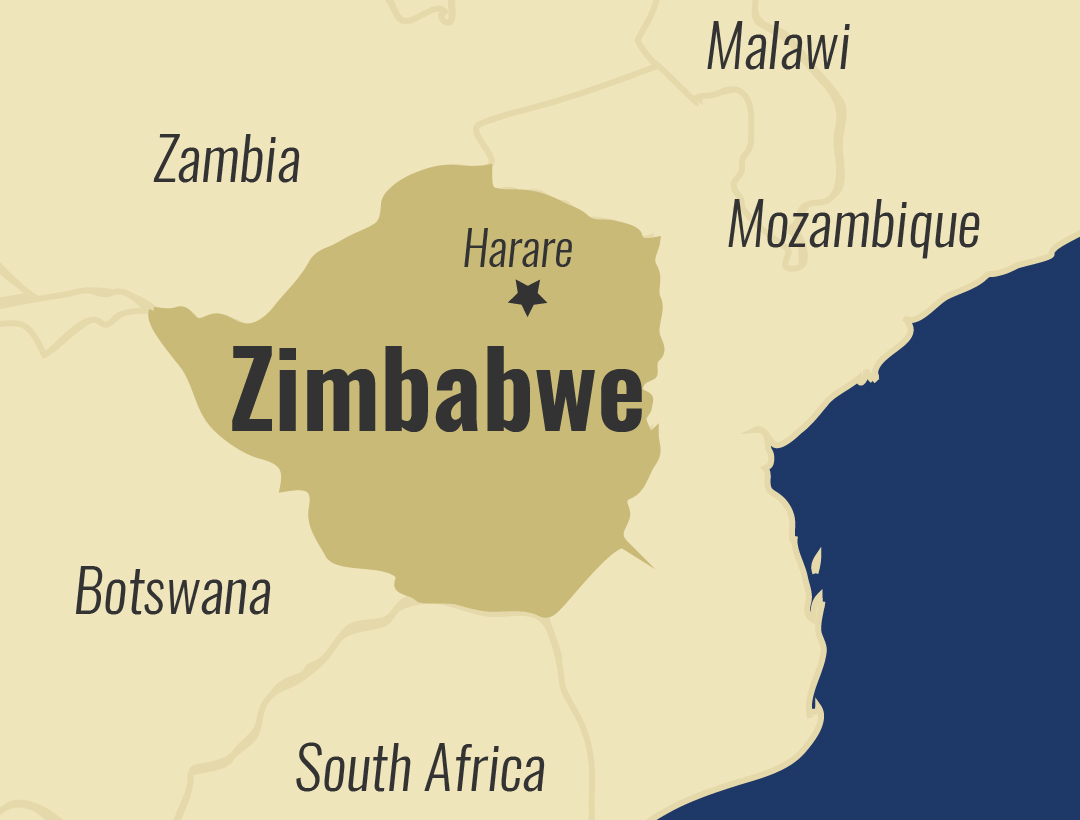
Zimbabwe expects to benefit from cooperation with Chinese telecom giant Huawei
 Zimbabwe expects to benefit from its cooperation with China’s telecom giant Huawei in the area of information communication technology (ICT), a senior Zimbabwean official said Thursday.
Zimbabwe expects to benefit from its cooperation with China’s telecom giant Huawei in the area of information communication technology (ICT), a senior Zimbabwean official said Thursday.
Zimbabwean Information, Publicity and Broadcasting Services Minister Monica Mutsvangwa made the remarks during the launch ceremony of the Huawei Seeds for the Future 2020 program in Harare.
The program is Huawei’s corporate social responsibility program under which the company cooperates with universities and colleges to build capacity and enhance technical skills transfer to students.
Under the program, 10 students from Zimbabwe’s universities will travel to China for a hands-on ICT study trip at the company’s headquarters in Shenzhen in southern China.
However, this year the program is going online due to the global COVID-19 pandemic.
The program is run in partnership with the Ministry of ICT, the Ministry of Higher and Tertiary Education, and Telone, a telecommunications service provider.
Mutsvangwa said Huawei’s Seed for the Future program will provide Zimbabwean students with the skills that are required by the local industry.
“Huawei is a leading provider of cutting-edge technological solutions that will certainly drive the fourth industrial revolution,” Mutsvangwa said.
She said Zimbabwe is determined to work with China to harness the fifth generation telecommunication opportunities.
Mutsvangwa expressed gratitude to Huawei’s assistance, adding Zimbabwe’s collaboration with China in the ICT sector was key to the country’s development.
“We thank the good relations between the People’s Republic of China and the Republic of Zimbabwe, and we would like to move with you until we get Zimbabwe to where we want it to be,” Mutsvangwa said.
In an audio recording played in his absence, Economic and Commercial Counselor at the Chinese Embassy to Zimbabwe Zou Xiaoming said through the Seeds for the Future program, Huawei has contributed significantly to ICT human capital development in Zimbabwe.
He said ICTs have become commonplace entities in all aspects of life, especially during the coronavirus pandemic.
“So this program is coming at the right time, because it will promote knowledge transfer, improve the students’ interest and understanding of the telecommunication industry by providing students with the latest ICT technology information and a first-hand knowledge from the best company in the industry,” he said.
Zou added that Huawei’s ICT talent development program does not only indicate a commitment to academic cooperation between Zimbabwean universities and Huawei, but also illustrates the growing friendship between Zimbabwe and China.
Zimbabwe’s Minister of Information, Communication Technology and Courier Services Jenfan Muswere applauded the Seeds for the Future program, adding that the key challenges facing the ICT sector in Zimbabwe is the lack of a large pool of skilled ICT professionals.
“It is therefore pleasing to note that supporting skills development is one of Huawei’s key priorities for building a better connected Zimbabwe.
“It helps cultivate and pull together ICT professionals and students that are crucial to industry growth, driving the development of different sectors and contributing to lower unemployment rates in the long run,” he said.
He said Huawei’s Seeds for the Future program was in line with Zimbabwe’s digitalization strategy, adding that the development of the ICT sector is crucial to industry development.
Huawei Zimbabwe Managing Director Shao Jie said the Seeds for the Future program was part of Huawei’s commitment to enhancing Zimbabwe’s ICT sector.






